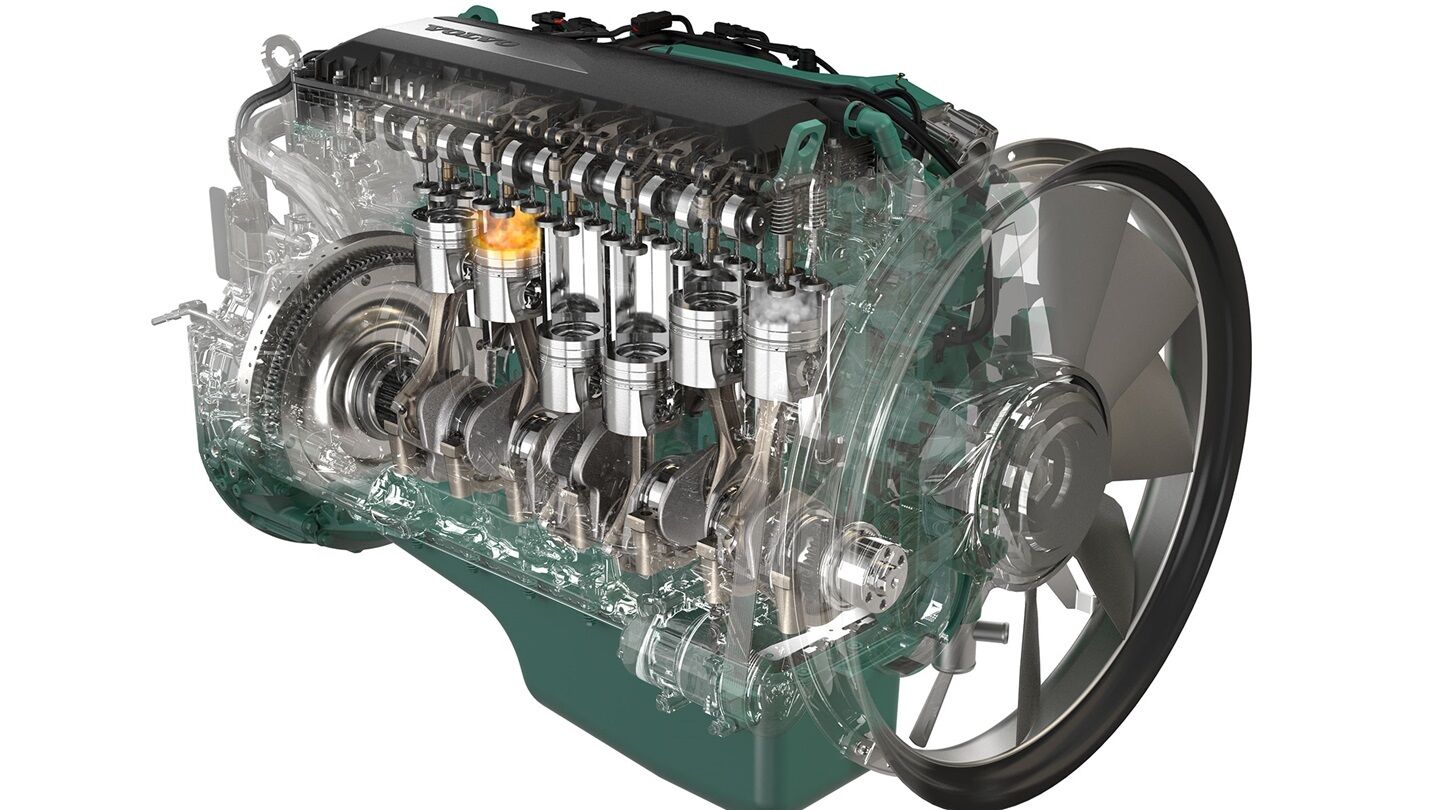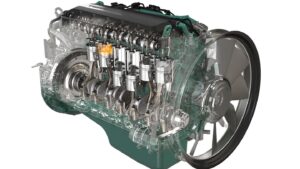
Unveiling the Future of Sustainable Energy: HVO (EN15940) Fuel
Overview

Unveiling the Future of Sustainable Energy: HVO (EN15940) Fuel
Introduction
In an era where environmental concerns are at the forefront of global discussions, finding sustainable alternatives to traditional fossil fuels has become a paramount goal. One such innovative solution is Hydrotreated Vegetable Oil (HVO) fuel, a promising alternative that has gained significant traction in recent years. In this article, we will delve into the world of HVO fuel, specifically focusing on its EN15940 standard, its production process, environmental benefits, and its potential to revolutionize the way we approach energy consumption.
Understanding HVO Fuel
HVO fuel, also known as renewable diesel or green diesel, is a high-quality, renewable alternative to traditional diesel fuel derived from renewable feedstocks such as vegetable oils, animal fats, and waste oils. What sets HVO apart is its production process, which involves hydrotreating the feedstock, a hydrogenation process that removes impurities and creates a clean-burning, high-cetane fuel.
EN15940 Standard: Ensuring Quality and Compatibility
The EN15940 standard, established by the European Committee for Standardization (CEN), defines the requirements and specifications for paraffinic diesel fuels, including HVO. This standard ensures that HVO fuel meets specific quality and performance criteria, making it compatible with existing diesel engines and infrastructure without requiring any modifications. This compatibility is a crucial factor in promoting the widespread adoption of HVO fuel, as it can seamlessly integrate into existing fuel distribution networks and vehicle fleets.
Production Process: Green Innovation in Action
HVO fuel is produced through a complex process called hydrotreatment. First, renewable feedstocks like vegetable oils or animal fats are subjected to hydrogenation, a chemical reaction that removes impurities and saturates the carbon-carbon double bonds present in the feedstock. This results in a high-quality, paraffinic hydrocarbon fuel that boasts properties similar to, or even superior to, conventional diesel fuel. The absence of sulfur and aromatics in HVO fuel significantly reduces harmful emissions such as particulate matter, nitrogen oxides, and carbon monoxide, making it a cleaner and more environmentally friendly choice.
Environmental Benefits: A Greener Tomorrow
One of the most compelling aspects of HVO fuel is its positive impact on the environment. By utilizing renewable feedstocks, HVO reduces the reliance on finite fossil fuel resources. Additionally, its low greenhouse gas emissions contribute to mitigating climate change. HVO fuel produces significantly lower levels of CO2 emissions compared to conventional diesel, making it a key player in the transition towards a low-carbon economy. Furthermore, its cleaner combustion leads to improved air quality, benefiting both urban centers and the environment at large.
How much CO2 emissions can be reduced by using HVO compared with conventional diesel?
The reduction in CO2 emissions achieved by using Hydrotreated Vegetable Oil (HVO) compared to conventional diesel can vary depending on several factors, including the feedstock source, the production process, and the specific engine and vehicle technologies involved. However, on average, HVO fuel can reduce CO2 emissions by approximately 80% to 90% compared to conventional diesel when considering the entire life cycle of the fuel, from production to combustion.
This substantial reduction in CO2 emissions is primarily due to the fact that HVO fuel is derived from renewable feedstocks such as vegetable oils, animal fats, and waste oils. These feedstocks absorb CO2 from the atmosphere as they grow, offsetting the carbon released when the fuel is burned. Additionally, the hydrotreatment process used to produce HVO eliminates impurities and results in a cleaner-burning fuel, further reducing emissions during combustion.
It’s important to note that the exact reduction in CO2 emissions can vary based on the specific feedstock used, the production methods employed, and the overall efficiency of the entire production and distribution process. Nonetheless, HVO’s ability to significantly lower CO2 emissions makes it a crucial component in the transition to a more sustainable and environmentally friendly energy landscape.
The Road Ahead: Revolutionizing Energy Consumption
As the world grapples with the urgent need to reduce greenhouse gas emissions and combat climate change, HVO fuel stands out as a beacon of hope. Its EN15940 standardization ensures consistent quality and compatibility, facilitating its integration into existing infrastructures and vehicles seamlessly. Moreover, as technology advances and production processes become more efficient, HVO fuel is expected to become even more economically viable, encouraging its widespread adoption.
Conclusion
Hydrotreated Vegetable Oil (HVO) fuel, with its EN15940 standard and numerous environmental benefits, represents a significant step towards a greener, more sustainable future. As governments, industries, and consumers increasingly recognize the importance of renewable energy sources, HVO fuel is poised to play a pivotal role in revolutionizing the way we approach energy consumption. By embracing this innovative solution, we can pave the way for a cleaner planet and a brighter tomorrow.
Also, all Volvo Penta diesel engines since 2016 as well as all Deutz EU Stage V compliant engines are approved to use 100% HVO. Please feel free to contact us for more information about your exact engine.



